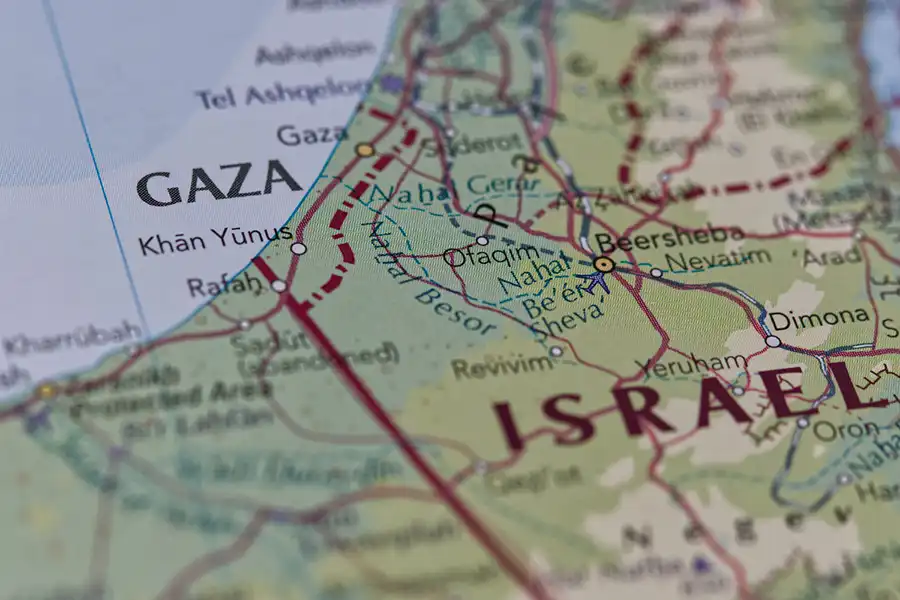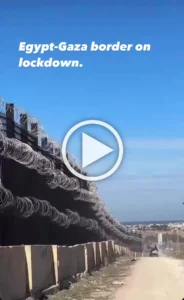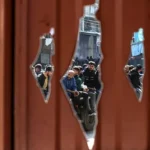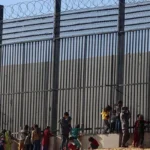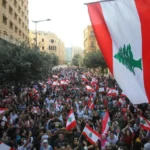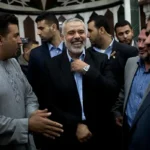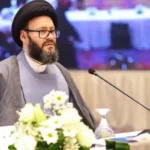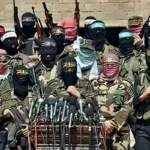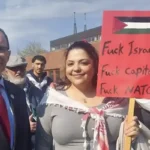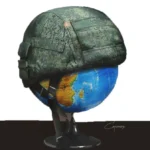The Philadelphi Corridor
The Philadelphi Corridor, a small 20-kilometer stretch of land between the Gaza Strip and Egypt, has become one of the most contested and important regions in the history of the Israeli-Palestinian conflict. The beginning of this corridor is located near the Israeli Kibbutz Kerem Shalom, passes through the divided city of Rafah, and ends at the ruins of the settlement of RafahYam. Once controlled by Israel under the Oslo Accords, it became a smuggling route for goods, including weapons, and after 2005, as part of Prime Minister Ariel Sharon’s unilateral withdrawal plan, it was effectively transferred to Egyptian control.
After Israel’s withdrawal from the Gaza Strip, it would seem that relations between Egypt and the Gaza Strip should improve. However, this did not happen: Egypt only strengthened the border, at least officially.
Riots, weapons smuggling, Hamas terrorism – in response, Israel plans to conduct security and customs checks at the Kerem Shalom crossing. However, the tunnels used by terrorists as an alternative route for smuggling weapons and ammunition into Gaza underscore the ongoing instability in the region and the importance to all parties of controlling the Philadelphi Corridor.
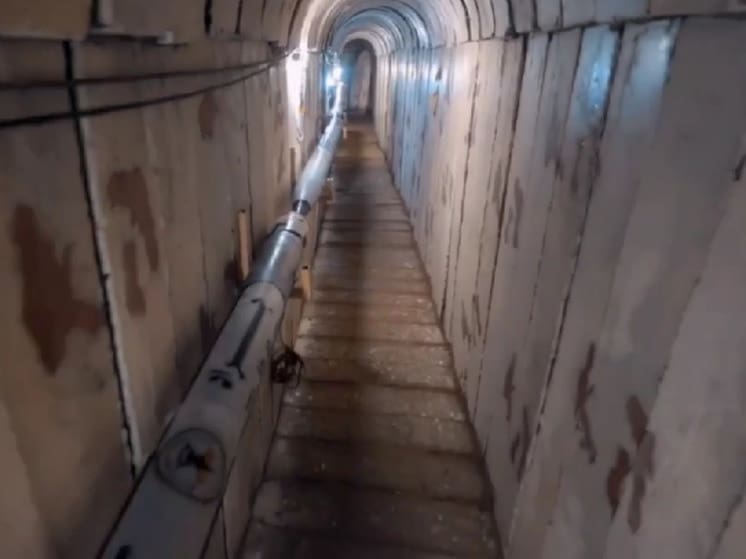
Buffer zone at the border
In light of recent events, Egypt is actively constructing a buffer zone on the border with Gaza. The work is being carried out on an area of about 13 square kilometers.
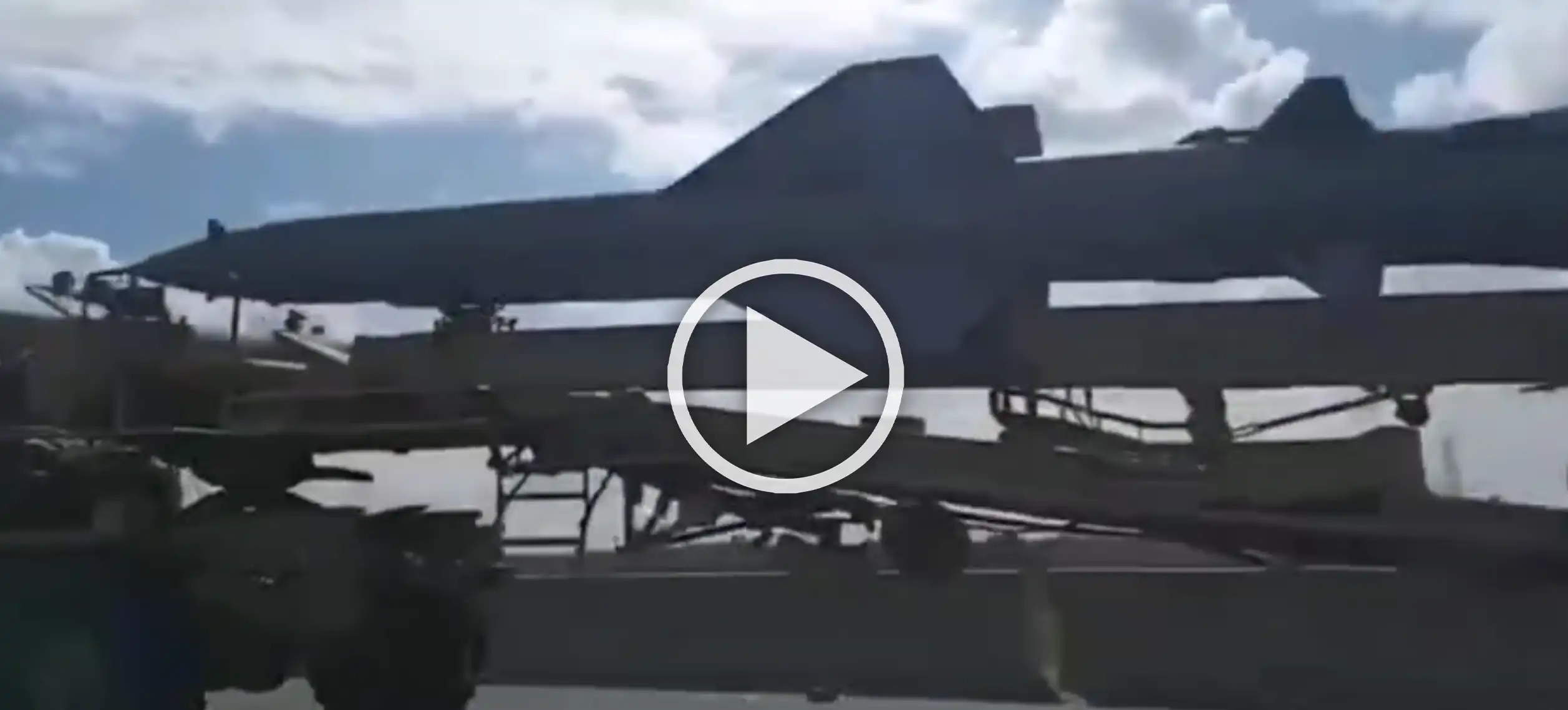
Major events and their consequences
Changes to borders and controls in the region:
- Despite its support and recognition of the State of Palestine, Egypt is in no hurry to open its borders. Having experienced the country’s confrontation with the Muslim Brotherhood, which was suppressed in a rather bloody way, he fears the influence of Hamas on internal contradictions.
- The formation of Gaza’s borders was stipulated by the UN resolution on Palestine in 1947, but after the Arab-Israeli war of 1948-1949, the territory was administered by Egypt until the Six-Day War in 1967, when Israel took control of the Gaza Strip.
- In accordance with the 1993 Oslo Accords, authority over the Gaza Strip and the West Bank came under the jurisdiction of the Palestinian National Authority, and in August 2005, Israel implemented a Unilateral Disengagement Plan, withdrawing its military and evacuating Israeli settlements.
- The blockade of Gaza imposed by Israel and Egypt since 2007 restricts economic activity and the circulation of goods and people, while the population fears possible land offensives due to the conflict with Hamas. The condition of Gaza and the Philadelphi Corridor directly affects the lives of 2.22 million residents; small — scale manufacturing, fishing, and agriculture are the mainstay of the economy, but employment opportunities have declined significantly since the Second Intifada and the Israeli withdrawal.
- Egyptian authorities have issued a warning about Israel’s attempts to take control of the Philadelphi corridor, which could lead to serious threats to bilateral relations.
- Israeli claims to the “corridor” are based on accusations of arms smuggling from Egypt, raising tensions, although operations to seize the corridor have not yet been approved and depend on negotiations between the countries.
Current status
The Philadelphi Corridor today remains at the epicenter of the confrontation between Israel and Hamas, with strategic significance for controlling the movement of Palestinians and preventing the arms trade. Since the consolidation of Hamas ‘ power in 2007, control of the area by Israeli forces has become more difficult.
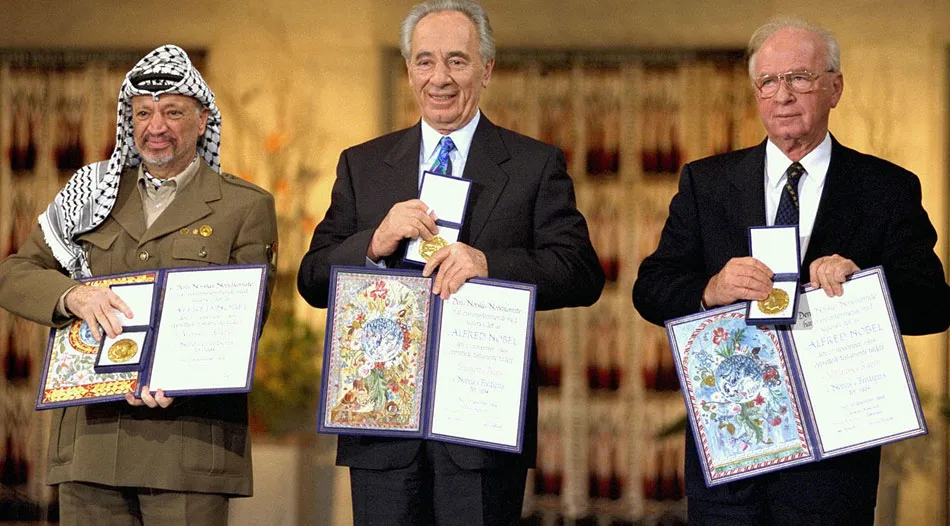
- Buffer zone: Egypt is building a buffer zone for 100,000 people on the border with Gaza. According to the Wall Street Journal, builders are enclosing 13 square kilometers in the Sinai Peninsula with tall concrete blocks. According to the newspaper, Egyptian officials said more than 100,000 people could live in the border buffer zone at the same time if necessary. Tents will be erected in the buffer zone. Earlier, Egypt said it would not allow Palestinian illegal immigrants to enter the country.
- Strengthening the border with Egypt: Egypt implemented measures to strengthen border security, sending tanks and armored personnel carriers to the corridor to prevent the consequences of the Israeli offensive and prevent refugees from entering the country.
- Problems at the Rafah crossing: Relations between Egypt and Israel are under strain due to a dispute near the Rafah crossing, which has raised concerns about Egypt’s intentions for possible retaliatory measures, given Israel’s desire to deploy troops at the checkpoint.
- Incidents and tensions: The conflict escalated in October 2023, when Hamas militants entered Israel from Gaza, killing local residents and taking hostages. This led to a complete blockade of Gaza and retaliatory strikes on the territory of Gaza, Lebanon, and Syria.
- Israeli Prime Minister Netanyahu announced in December 2023 the need for Israel to control the Gaza border checkpoint.
- The Philadelphi Corridor remains a key element of the Hamas reinforcement regime due to the smuggling of weapons, money, and vehicles. Control of the corridor is crucial for stopping smuggling and creating respite in the face of ongoing or potential military action.
- The need for increased pressure: to weaken the position of the terrorist organization, it is necessary to increase pressure on Hamas, not mitigate it.
FAQs
- Regional security: The Israeli military is the only force capable of providing security measures in the region.
- Egypt’s border management: Egypt has consistently stated its intention to control its borders, including the Philadelphi Corridor. Egypt informed Israel of the possible consequences of attempts to regain control of the Philadelphi Corridor, pointing out a violation of the terms of the 1979 peace treaty.
- Intelligence Agency Dialogue: In 2024, the Shin Bet chief visited Cairo to discuss issues related to the Philadelphi Corridor with Egyptian intelligence, which included discussing military operations near the Egyptian border and plans for the post-war period.
- Tensions between Israel and Egypt: disputes are growing over the issue of control over the Philadelphi Corridor after the end of hostilities. Egypt has warned that any attempt to regain control of the land separating Gaza and Egypt poses a “serious threat” to bilateral relations.
- Israel’s goals is to control the Philadelphi Corridor to prevent arms smuggling from Egypt to the Gaza Strip, which involves deploying units of the Israel Defense Forces (IDF) along the border.
- Inability to demilitarize Gaza without control: Israel points out that it is impossible to demilitarize the Gaza Strip without control of the border with Egypt, since this is the only way to stop supplying weapons to the militants.

